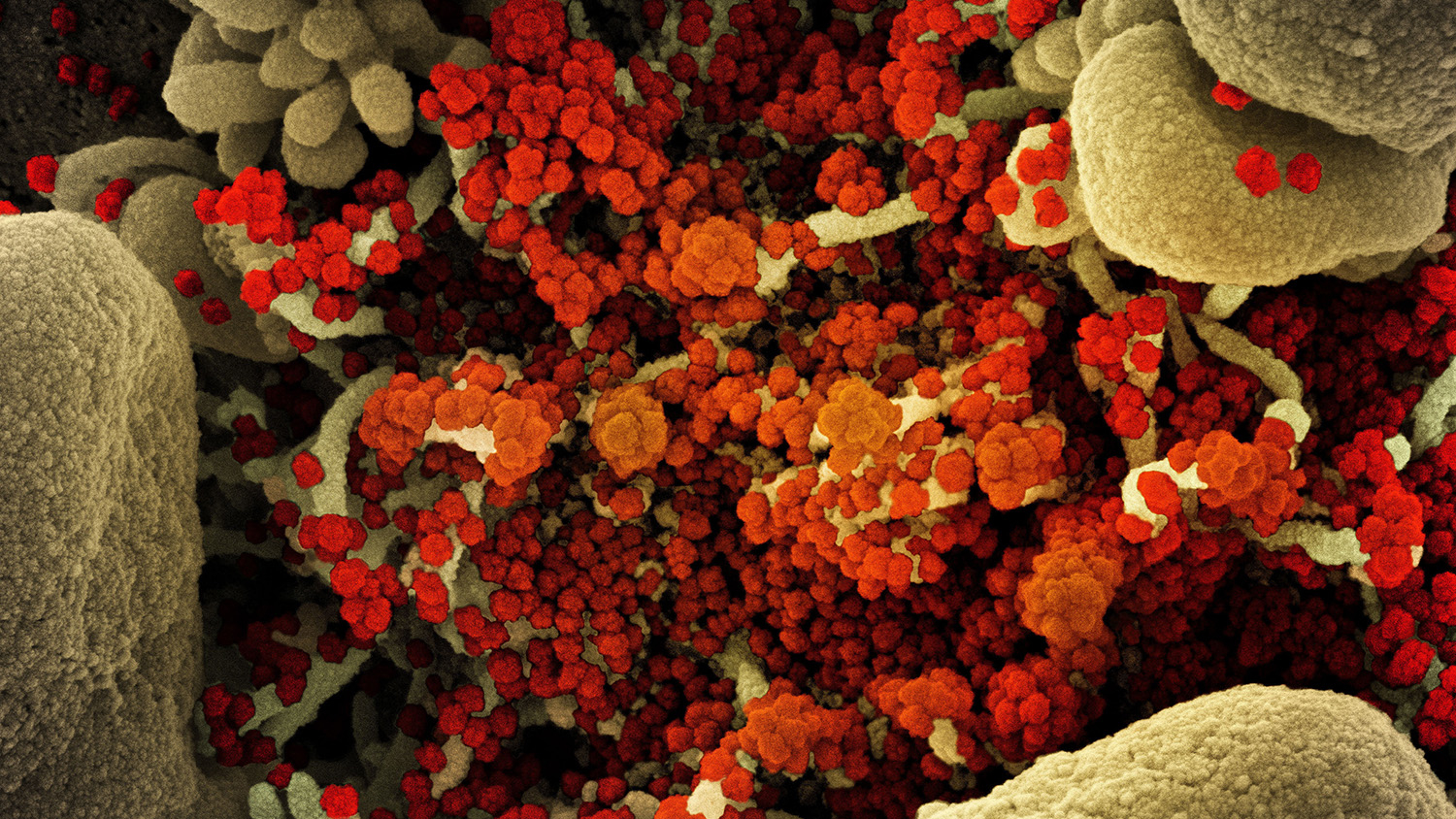When It Comes to COVID-19 Vaccines, We Know a Lot
go.ncsu.edu/readext?764715
en Español / em Português
El inglés es el idioma de control de esta página. En la medida en que haya algún conflicto entre la traducción al inglés y la traducción, el inglés prevalece.
Al hacer clic en el enlace de traducción se activa un servicio de traducción gratuito para convertir la página al español. Al igual que con cualquier traducción por Internet, la conversión no es sensible al contexto y puede que no traduzca el texto en su significado original. NC State Extension no garantiza la exactitud del texto traducido. Por favor, tenga en cuenta que algunas aplicaciones y/o servicios pueden no funcionar como se espera cuando se traducen.
Português
Inglês é o idioma de controle desta página. Na medida que haja algum conflito entre o texto original em Inglês e a tradução, o Inglês prevalece.
Ao clicar no link de tradução, um serviço gratuito de tradução será ativado para converter a página para o Português. Como em qualquer tradução pela internet, a conversão não é sensivel ao contexto e pode não ocorrer a tradução para o significado orginal. O serviço de Extensão da Carolina do Norte (NC State Extension) não garante a exatidão do texto traduzido. Por favor, observe que algumas funções ou serviços podem não funcionar como esperado após a tradução.
English
English is the controlling language of this page. To the extent there is any conflict between the English text and the translation, English controls.
Clicking on the translation link activates a free translation service to convert the page to Spanish. As with any Internet translation, the conversion is not context-sensitive and may not translate the text to its original meaning. NC State Extension does not guarantee the accuracy of the translated text. Please note that some applications and/or services may not function as expected when translated.
Collapse ▲COVID-19 has disrupted lives and livelihoods across the United States and around the world. The development of vaccines for the disease means we have new tools to help protect public health and restore the economy. But vaccines are only effective if people take them, and lots of people have lots of questions about the new COVID-19 vaccines.
Luckily, we have the answers.
Since the beginning of the pandemic, COVID-19 has become one of the most studied health issues in history. We’ve learned a tremendous amount about the virus that causes the disease; about its health effects; about how to reduce its transmission; and about the safety and effectiveness of vaccines that target it.
That knowledge is built on unprecedented urgency from the research community, a surge of public and private funding, and widespread public participation in clinical trials for a host of vaccine candidates.
This extraordinary global effort means that we can answer many of the questions that people have about COVID-19 vaccines: How do they work? How safe are they? How are they made? The list goes on and on.
Those are good questions — and NC State University faculty and staff have the expertise to answer them. Read our series of Q&As addressing different aspects of the vaccines. There are seven posts so far, but we may add more if folks have additional questions.
This post was originally published in NC State News.





